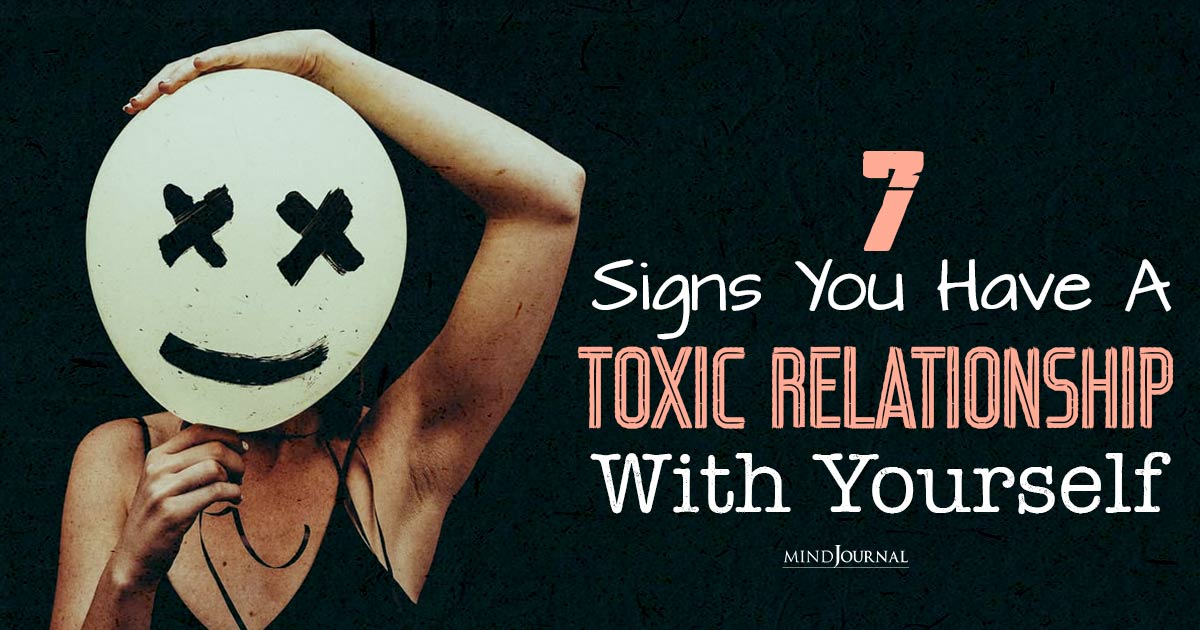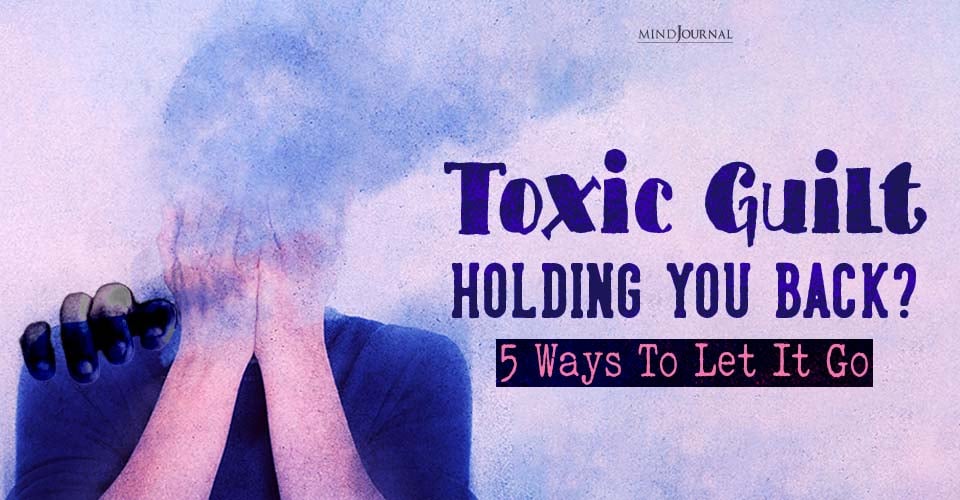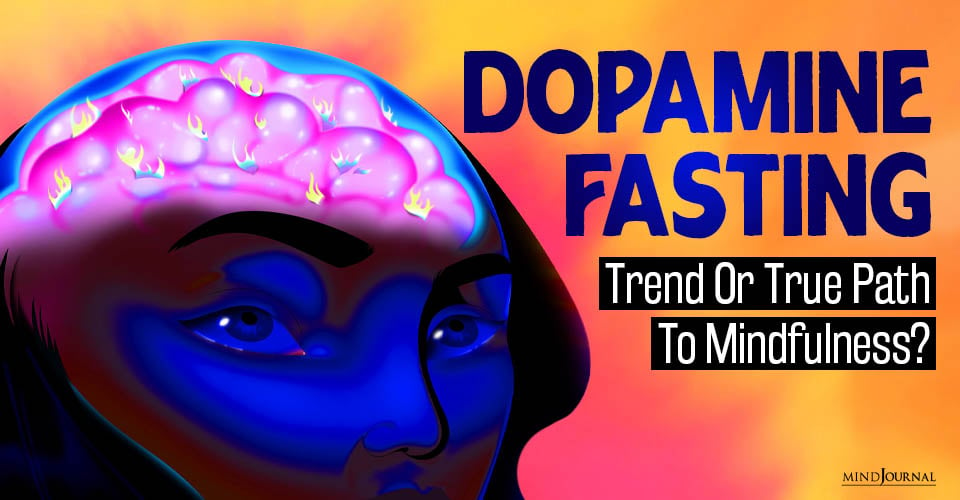Ever feel like your worst enemy is staring back at you in the mirror? Having a toxic relationship with yourself is more common than you think, and it’s like carrying around an invisible bully who constantly puts you down.
If you have ever caught yourself thinking “Why am I like this?”, or “I can’t do anything right!”, you might be in a toxic self-relationship. Understanding and recognizing the signs you have a toxic relationship with yourself is the very first step to breaking free and treating yourself with the kindness you deserve.
Let’s dive into seven telltale signs that you might be your own worst enemy – and how to turn things around.
Related: Love Yourself Enough That You Are Okay Disappointing People
7 Signs You Have A Toxic Relationship With Yourself
1. You engage in negative self-talk.
Ever catch yourself saying things like “I am such an idiot!” or “I will never get it right!” This is a classic example of negative self-talk, a common sign of a toxic relationship with yourself.
It’s like having an inner critic that just won’t shut up, constantly undermining your self-worth and confidence. This kind of self-talk can be so automatic that you don’t even notice it, but it slowly chips away at your self-esteem.
How to stop toxic relationship with yourself?
Next time, you catch your inner voice being harsh, try to counter it with something positive or at least neutral. You deserve to be your own cheerleader, not your own worst critic.

2. You constantly suffer from self-doubt.
If you second guess every decision you make, big or small, you are dealing with chronic self-doubt. One of the major signs you have a toxic relationship with yourself, this normally stems from a lack of trust in yourself, making you feel incapable or unworthy of making the right choices.
Whether it’s choosing an outfit, deciding on a career move, or even picking a place to eat, constantly self-doubt can be paralyzing. It can actually prevent you from taking risks and seizing opportunities.
How to stop toxic relationship with yourself?
To combat this, start small – make a decision and stick to it without overthinking. Building self-trust takes time, but each step forward strengthens your confidence.
3. You have people-pleasing tendencies.
Do you always put other people’s needs before yours? While being considerate is great, constantly people-pleasing is a huge sign you have an unhealthy relationship with yourself.
This behavior often leads to burnout, resentment, and a feeling of being unappreciated. You might say yes to things you don’t want to do, just to avoid conflict or to make someone else happy.
How to stop toxic relationship with yourself?
It’s essential to set boundaries and prioritize your own needs sometimes. Remember, it’s okay to say no and to take time for yourself. You can’t pour from an empty cup after all.
4. You have a habit of ignoring your own needs.
When was the last time you did something just for you? Ignoring your own needs, whether it’s physical, emotional, or mental, is a subtle yet powerful sign of a toxic relationship with yourself.
Maybe you skip meals, neglect your hobbies, or don’t take time to rest. Over time this self-neglect can lead to exhaustion and even health issues.
How to stop toxic relationship with yourself?
How to stop toxic relationship with yourself? Start by scheduling some “me time” into your week – whether it’s a hobby, exercise, or just relaxing. Recognizing your needs matter is a crucial step toward self-care and love.
Related: How You Can Love Yourself Unconditionally? Mastering The Art Of Unconditional Self-Love
5. You are petrified of failing.
Do you avoid new things because you’re afraid of failing? Fear of failure is one of the biggest signs you have a toxic relationship with yourself. It can keep you stuck in your comfort zone, preventing you from growing and experiencing life fully.
This fear often stems from the belief that failing makes you a failure and a loser, rather than it being an important part of learning and growth.
How to stop toxic relationship with yourself?
Challenge this mindset by taking small risks and celebrating your efforts, regardless of the outcome. Remember, everyone fails, and it’s a stepping stone to success, not a dead end.

6. You are obsessed with perfectionism.
Striving for perfectionism might sound like a good thing, but is it really? Perfectionism sets an unattainable standard, leaving you feeling like you are never good enough.
You might procrastinate out of fear of not doing something perfectly or beat yourself up over minor mistakes. This relentless pursuit of perfection can lead to stress, anxiety or even depression.
How to stop toxic relationship with yourself?
Try embracing the idea that sometimes done is better than perfect. Celebrate your efforts and progress, rather than fixating on flaws. You are enough just as you are.
7. You constantly compare yourself to others.
In today’s social-media driven world, it’s easy to fall into the trap of comparing yourself to others. Whether it’s someone’s career, looks or lifestyle, constant comparison can leave you feeling inadequate and unhappy.
This habit can make you overlook your own achievements and strengths, focusing instead on what you lack.
How to stop toxic relationship with yourself?
Try to limit your exposure to social media and remind yourself that everyone’s journey is unique. Celebrate your own milestones and practice gratitude for what you have. You are on your own path, and that’s something to be very proud of.
How many of these habits do you think you have, but didn’t really realize it until today? When you have a toxic relationship with yourself, you are stopping yourself from growing in life and being happy.
Related: How To Improve Your Relationship With Yourself: 5 Ways
Look out for these signs and try your best to make sure that you treat yourself kindly and with a lot of compassion. It is only when you love yourself and respect yourself, will you able to achieve everything you have dreamed for in life.










Leave a Reply